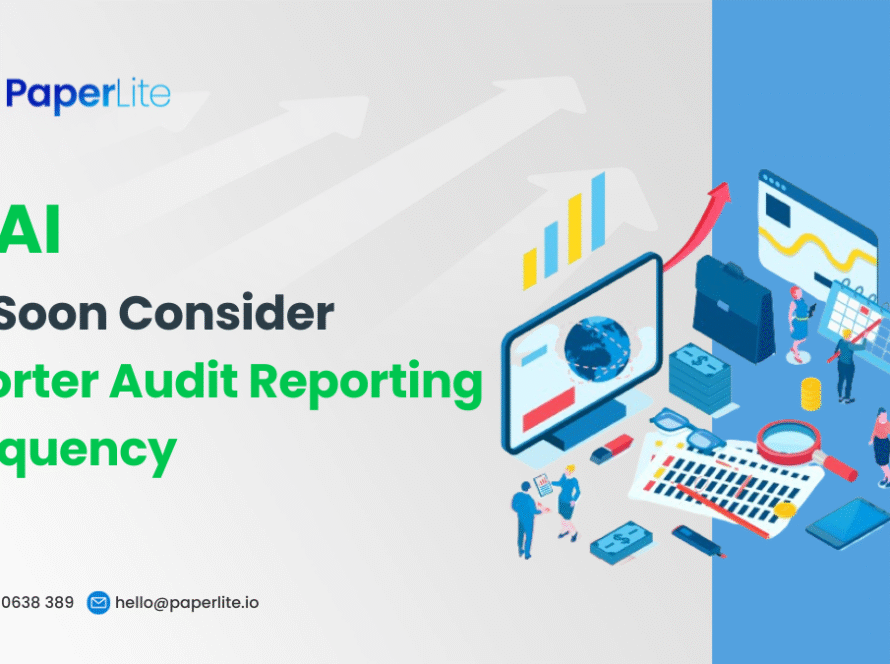The Income Tax Department recently announced new deadlines for issuing reassessment notices under Section 148. As per the latest update, notices for income exceeding Rs. 50 lakh must be issued by August 31, 2024. Taxpayers receiving such notices would have 30 days to respond with any clarifications or documents.
Let’s see who is likely to receive this notice and how you can respond to it.
What is Income Tax Assessment?
To proceed further, let us first start by understanding what exactly is income tax assessment and what does its reassessment entail.
So, the Income tax Assessment is the process of determining a taxpayer’s tax liability. The Income Tax Department examines the ITR to verify income and deductions, calculating the tax payable or refundable amount.

Types of Income Tax Assessments:
- Summary Assessment: This is a basic assessment conducted when an ITR is filed. The department accepts the reported income and calculates the tax liability accordingly.
- Scrutiny Assessment: Involves a more detailed examination of your ITR. The department may request additional documents or clarifications to verify your income and deductions.
- Best Judgement Assessment: If an ITR is not filed or is incomplete, the department can estimate your income and tax liability based on the available information.
- Reassessment: The reassessment occurs when the department discovers discrepancies in the ITR, leading to a recalculation of tax liability. This can happen within four years of the initial assessment, subject to specific conditions and timelines.
As mentioned above, the Income Tax Department has extended the deadline for issuing reassessment notices under Section 148. The Taxpayers would be receiving these notices by August 31, 2024.
Who May Get a Notice Under Section 148 for Income Tax Reassessment?
While the new deadline specifically applies to assessments exceeding Rs. 50 lakh, taxpayers in other income brackets may also receive notices under Section 148.
Here are some situations that can trigger a notice:
- High-value transactions: If you report large cash deposits, investments, or property purchases, it may raise red flags for the department and lead to a scrutiny assessment.
- Unexplained mismatch: A significant difference between your income reported in ITR and tax deducted at source (TDS) can prompt the department to investigate further.
- Non-filing or delay in filing ITR: Not filing your ITR or filing it belatedly can increase your chances of receiving a notice.
How to respond to the notice for Income Tax Reassessment
- Once you comprehend the nature of the notice, start gathering all relevant documents. This might include:
- Income proofs: Salary slips, Form 16, interest certificates, rental income statements, etc.
- Investment records: Proof of investments in shares, mutual funds, fixed deposits, PPF, etc.
- Tax receipts: TDS certificates, advance tax payments, self-assessment tax payments, etc.
- Other relevant documents: Any documents mentioned in the notice or that could support your claims.
2. Whether you’re consulting a CA or handling the response yourself, prepare a detailed and well-structured reply. Include the following:
- Acknowledgement of the notice: Clearly state that you have received the notice.
- Explanation of the issues: Address each point raised in the notice and provide clear explanations or clarifications.
- Submission of documents: Attach all relevant documents to support your claims.
- Request for clarification (if needed): If you’re unsure about any aspect of the notice, request clarification from the Income Tax Department.
3. Once you have prepared your response, submit it to the Income Tax Department within the specified timeframe. You can submit it either by post or electronically, as instructed in the notice.
4. After submitting your response, keep track of the status of your case. If you don’t receive a response within a reasonable time, follow up with the department.
To summarise and conclude, understanding the potential for income tax reassessment notices is crucial for every taxpayer. While the department may also scrutinise taxpayers in other income brackets, proactive measures like maintaining accurate records, filing ITRs on time, and seeking professional advice can significantly reduce the risk of receiving such notices.
Thus, by being prepared and informed, you can navigate the reassessment process with greater confidence and minimise potential tax liabilities.


